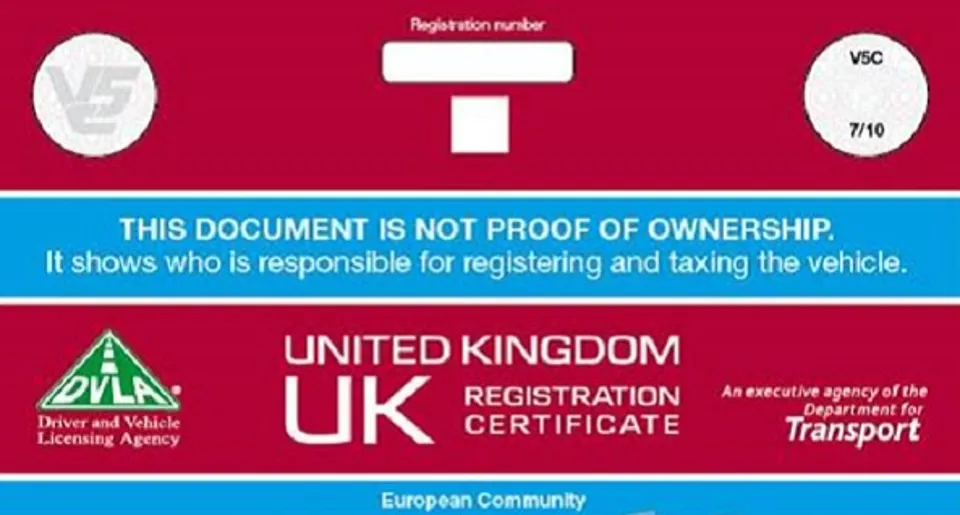A call for a change in the law governing the Bills of Sale – or logbook loans – has been welcomed as good news for dealers.
In September 2014, the Treasury asked the Law Commission to review the Bills of Sale Acts.
Now its recommending that the Bills of Sale Acts should be repealed and replaced with modern legislation that imposes fewer burdens on lenders and provides more protection for borrowers.
Bills of sale are a way in which individuals can use goods they already own as security for a loan. They are governed by two Victorian statutes, dating from 1878 and 1882.
The issue has been brought into focus as the use of these logbook loans has grown from 3,000 in 2001 to over 37,000 in 2015.
“We’re pleased to see that the Law Commission has reacted positively to our submission to a consultation and will be reforming the law that governs the Bill of Sale”, said Sue Robinson, director of the National Franchised Dealers Association.
“The number of so-called logbook loans, which allow owners to borrow money using their car as collateral, has soared over the past decade.
“Logbook loans have long been an issue for dealers as these types of loans do not have to be recorded on the vehicle date registrations. This means that vehicles can be easily sold by a dealer without the clear title - which means the vehicle could be repossessed from a new buyer.
“Today’s announcement means that in the future, all vehicles with a log book loan will have to be recorded on the vehicle register.
“There will now be more protection for consumers and businesses by new goods mortgages that give more protection, as the vehicles will be properly registered on the credit agencies databases.”
The Law Commission recommends a new Goods Mortgages Act to:
- Provide appropriate protection to borrowers, so that vehicles are not seized too readily
- Protect innocent purchasers who buy vehicles without realising that they are subject to a bill of sale
- Save £2m of costs caused by unnecessary registration and red tape
- Remove unnecessary restrictions on secured lending to small businesses.
If the Government accepts these recommendations, the next stage would be for the Law Commission to draft a bill.
“We hope this Bill could be introduced into Parliament under the special procedure for uncontroversial Law Commission Bills,” the Law Commission said.

















Login to comment
Comments
No comments have been made yet.